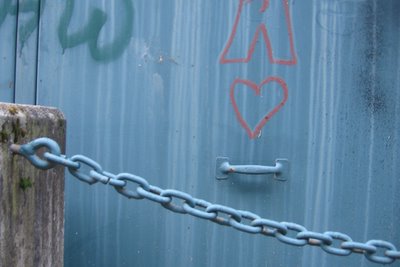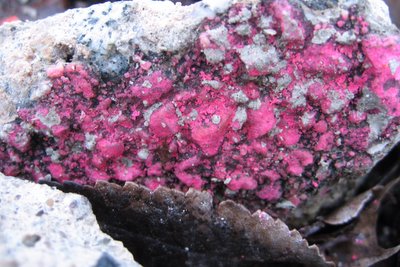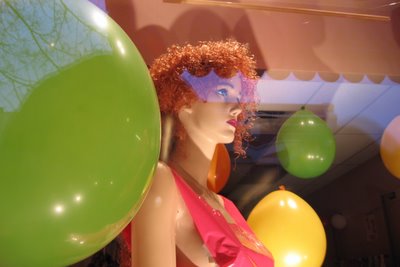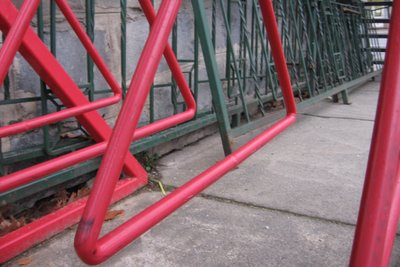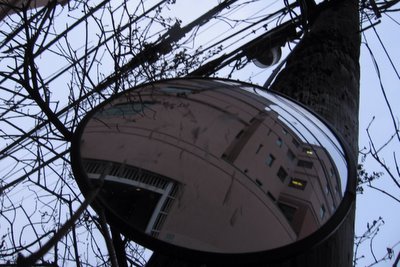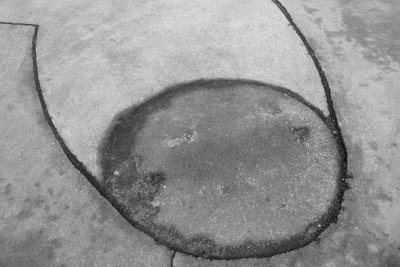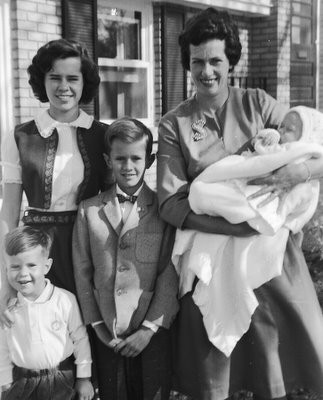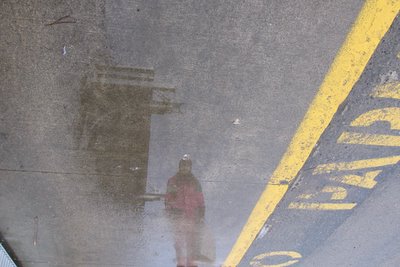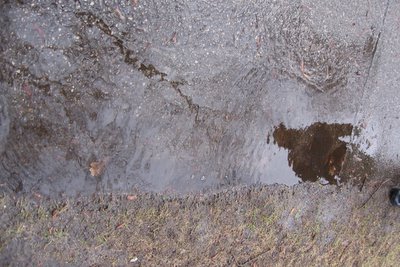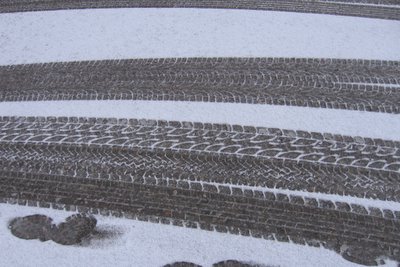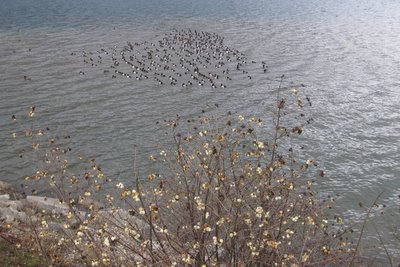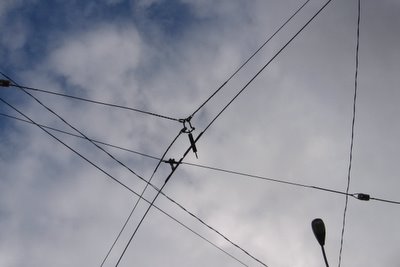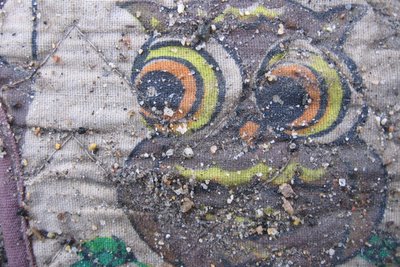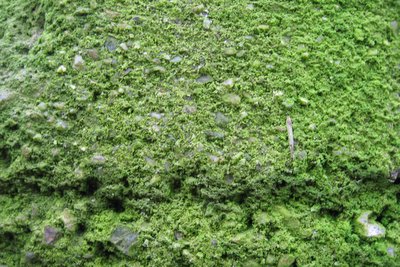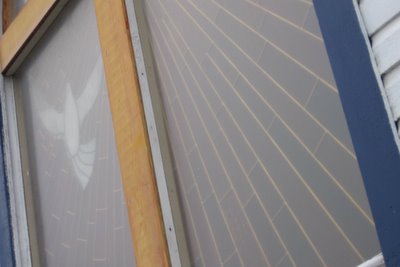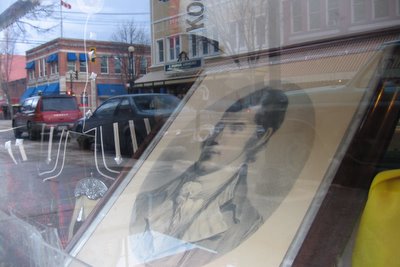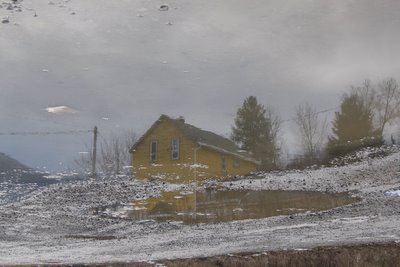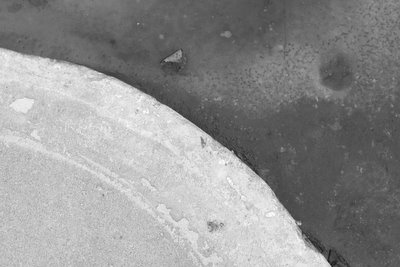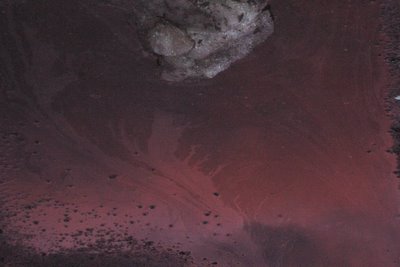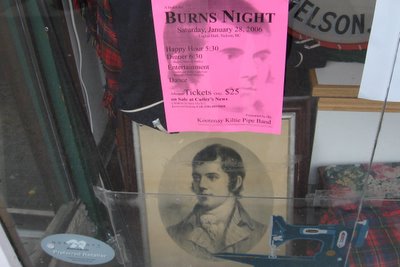
They moved the window display around and poor Robbie had his vantage point changed but tonight all will eat well in his honour!
Robert Burns (January 25, 1759 / July 21, 1796) was a pioneer of the Romantic movement and after his death became an important source of inspiration to the founders of both liberalism and socialism. He is widely regarded as the national poet of Scotland, and is the best known of the poets who have written in the Scots language, although much of his writing is also in English and in a "
light" Scots dialect which would have been accessible to a wider audience than simply Scottish people. At various times in his career, he wrote in English, and in these pieces, his political or civil commentary is often at its most blunt. A cultural icon in Scotland and among Scots who have relocated to other parts of the world (the Scottish diaspora), his celebration became almost a national charismatic cult during periods of the 19th and 20th centuries, and his life has long been an influence on Scottish literature.
Burns also collected folk songs from across Scotland, often revising or adapting them. His poem (and song) Auld Lang Syne is often sung at Hogmanay (New Year), and Scots Wha Hae served for a long time as an unofficial national anthem of the country. Other poems and songs of Burns that remain well known today across the world include A Red, Red Rose, A Man's A Man for A' That, To a Louse, and To a Mouse.
Burns' Night, effectively a second national day, is celebrated on 25 January with Burns' Suppers around the world, and is still more widely observed than the official national day, St Andrew's Day, or the new North American celebration Tartan Day.
The poem "
Tam O'Shanter", due to its length, I posted below today's entry.
___________________________________

It's as if the original conception of colour for this brand of dog were designed with this moment in mind as yellow meets green for a collision in the mind of the creator.

Angular window set into a wall that borders a walk that runs downhill leaves no perspective capable of keeping things straight.
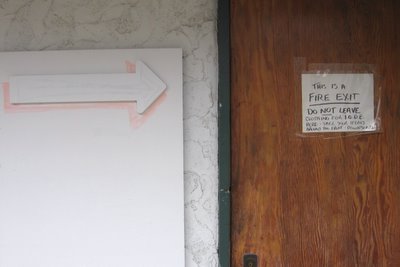
Look, if you had followed directions indicated you might not have made it out the door in time.

Inured patterns mixed with abstract design bring the realization to mind we have been sleeping on a bed of flowers all along.
___________________________________
Tam O' Shanter.When chapman billies leave the street,
And drouthy neebors, neebors meet;
As market-days are wearing late,
An folk begin to tak the gate;
While we sit bousing at the nappy,
An getting fou and unco happy,
We think na on the lang Scots miles,
The mosses, waters, slaps, and styles,
That lie between us and our hame,
Whare sits our sulky, sullen dame,
Gathering her brows like gathering storm,
Nursing her wrath to keep it warm.
This truth fand honest Tam o Shanter,
As he frae Ayr ae night did canter:
(Auld Ayr, wham ne'er a town surpasses,
For honest men and bonie lasses).
O Tam had'st thou but been sae wise,
As taen thy ain wife Kate's advice!
She tauld thee weel thou was a skellum,
A blethering, blustering, drunken blellum;
That frae November till October,
Ae market-day thou was nae sober;
That ilka melder wi the miller,
Thou sat as lang as thou had siller;
That ev'ry naig was ca'd a shoe on,
The smith and thee gat roarin fou on;
That at the Lord's house, even on Sundav,
Thou drank wi Kirkton Jean till Monday.
She prophesied that, late or soon,
Thou would be found, deep drown'd in Doon,
Or catch'd wi warlocks in the mirk,
By Alloway's auld,haunted kirk.
Ah, gentle dames, it gars me greet,
To think how monie counsels sweet,
How monie lengthen'd, sage advices
The husband frae the wife despises!
But to our tale:- Ae market-night,
Tam had got planted unco right,
Fast by an ingle, bleezing finely,
Wi reaming swats, that drank divinely;
And at his elbow, Souter Johnie,
His ancient, trusty, drouthy cronie:
Tam lo'ed him like a very brither;
They had been fou for weeks thegither.
The night drave on wi sangs and clatter;
And ay the ale was growing better:
The landlady and Tam grew gracious,
Wi favours secret, sweet, and precious:
The Souter tauld his queerest stories;
The landlord's laugh was ready chorus:
The storm without might rair and rustle,
Tam did na mind the storm a whistle.
Care, mad to see a man sae happy,
E'en drown'd himsel amang the nappy.
As bees flee hame wi lades o treasure,
The minutes wing'd their way wi pleasure:
Kings may be blest but Tam was glorious,
O'er a' the ills o life victorious!
But pleasures are like poppies spread:
You seize the flow'r, its bloom is shed;
Or like the snow falls in the river,
A moment white then melts for ever;
Or like the borealis race,
That flit ere you can point their place;
Or like the rainbow's lovely form
Evanishing amid the storm.
Nae man can tether time or tide,
The hour approaches Tam maun ride:
That hour o night's black arch the key-stane,
That dreary hour Tam mounts his beast in:
And sic a night he taks the road in,
As ne'er poor sinner was abroad in.
The wind blew as `twad blawn its last;
The rattling showers rose on the blast;
The speedy gleams the darkness swallow'd;
Loud, deep, and lang the thunder bellow'd;
That night, a child might understand,
The Deil had business on his hand.
Weel mounted on his gray mare Meg,
A better never lifted leg,
Tam skelpit on thro dub and mire,
Despising wind, and rain, and fire;
Whiles holding fast his guid blue bonnet,
Whiles crooning o'er an auld Scots sonnet,
Whiles glow'ring round wi prudent cares,
Lest bogles catch him unawares:
Kirk-Alloway was drawing nigh,
Whare ghaists and houlets nightly cry.
By this time he was cross the ford,
Whare in the snaw the chapman smoor'd;
And past the birks and meikle stane,
Whare drunken Charlie brak's neck-bane;
And thro the whins, and by the cairn,
Whare hunters fand the murder'd bairn;
And near the thorn, aboon the well,
Whare Mungo's mither hang'd hersel.
Before him Doon pours all his floods;
The doubling storm roars thro the woods;
The lightnings flash from pole to pole,
Near and more near the thunders roll:
When, glimmering thro the groaning trees,
Kirk-Alloway seem'd in a bleeze,
Thro ilka bore the beams were glancing,
And loud resounded mirth and dancing.
Inspiring bold John Barleycorn,
What dangers thou canst make us scorn!
Wi tippenny, we fear nae evil;
Wi usquabae, we'll face the Devil!
The swats sae ream'd in Tammie's noddle,
Fair play, he car'd na deils a boddle.
But Maggie stood, right sair astonish'd,
Till, by the heel and hand admonish'd,
She ventur'd forward on the light;
And, vow! Tam saw an unco sight!
Warlocks and witches in a dance:
Nae cotillion, brent new frae France,
But hornpipes, jigs, strathspeys, and reels,
Put life and mettle in their heels.
A winnock-bunker in the east.
There sat Auld Nick, in shape o beast;
A touzie tyke, black, grim and large,
To gie them music was his charge:
He screw'd the pipes and gart them skirl,
Till roof and rafters a' did dirl.
Coffins stood round, like open presses,
That shaw'd the dead in their last dresses;
And, by some devilish cantraip sleight,
Each in its cauld hand held a light:
By which heroic Tam was able
To note upon the haly table,
A murderer's banes, in gibbet-airns;
Twa span-lang, wee, unchristen'd bairns;
A thief new-cutted frae a rape -
Wi his last gasp his gab did gape;
Five tomahawks, wi bluid red-rusted.
Five scymitars, wi murder crusted;
A garter which a babe had strangled;
A knife a father's throat had mangled -
Whom his ain son o life bereft -
The grey-hairs yet stack to the heft;
Wi mair of horrible and awefu,
Which even to name wad be unlawfu.
As Tammie glowr'd, amaz'd and curious,
The mirth and fun grew fast and furious;
The piper loud and louder blew,
The dancers quick and quicker flew,
They reel'd, they set, they cross'd, they
cleekit,
Till ilka carlin swat and reekit,
And coost her duddies to the wark,
And linket at it in her sark!
Now Tam, O Tam! had thae been queans. .
A' plump and strapping in their teens!
Their sarks, instead o creeshie flannen,
Been snaw-white seventeen hunder linen!-
Thir breeks o mine, my only pair,
That ance were plush, o guid blue hair,
I wad hae gien them off my hurdies,
For ae blink o the bonie burdies!
But wither'd beldams, auld and droll,
Rigwoodie hags wad spean a foal,
Louping and flinging on a crummock,
I wonder did na turn thy stomach!
But Tam kend what was what fu brawlie:
There was ae winsome wench and wawlie,
That night enlisted in the core,
Lang after kend on Carrick shore
(For monie a beast to dead she shot,
An perish'd monie a bonie boat,
And shook baith meikle corn and bear,
And kept the country-side in fear).
Her cutty sark, o Paisley harn,
That while a lassie she had worn,
In longitude tho sorely scanty,
It was her best, and she was vauntie...
Ah! little kend thy reverend grannie,
That sark she coft for her wee Nannie,
Wi twa pund Scots ('twas a' her riches),
Wad ever grac'd a dance of witches!
But here my Muse her wing maun cour,
Sic flights are far beyond her power:
To sing how Nannie lap and flang
(A souple jade she was and strang),
And how Tam stood like ane bewitch'd,
And thought his very een enrich'd;
Even Satan glowr'd, and fidg'd fu fain,
And hotch'd and blew wi might and main:
Till first ae caper, syne anither,
Tam tint his reason a' thegither,
And roars out, 'Weel done, Cutty-sark!'
And in an instant all was dark:
And scarcely had he Maggie rallied,
When out the hellish legion sallied.
As bees bizz out wi angry fyke,
When plundering herds assail their byke;
As open pussie's mortal foes,
When, pop! she starts before their nose;
As eager runs the market-crowd,
When 'Catch the thief!' resounds aloud:
So Maggie runs. the witches follow,
Wi monie an eldritch skriech and hollow.
Ah, Tam! Ah, Tam! thou'll get thy fairin!
In hell they'll roast thee like a herrin!
In vain thy Kate awaits thy comin!
Kate soon will be a woefu woman!
Now, do thy speedy utmost, Meg,
And win the key-stane of the brig;
There, at them thou thy tail may toss,
A running stream they dare na cross!
But ere the key-stane she could make,
The fient a tail she had to shake;
For Nannie, far before the rest,
Hard upon noble Maggie prest,
And flew at Tam wi furious ettle;
But little wist she Maggie's mettle!
Ae spring brought off her master hale,
But left behind her ain grey tail:
The carlin claught her by the rump,
An left poor Maggie scarce a stump.
Now, wha this tale o truth shall read,
Ilk man, and mother's son, take heed:
Whene'er to drink you are inclin'd,
Or cutty sarks rin in your mind,
Think! ye may buy the joys o'er dear:
Remember Tam o Shanter's mare.
